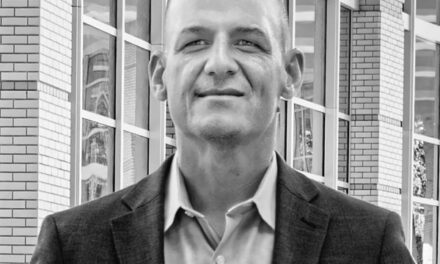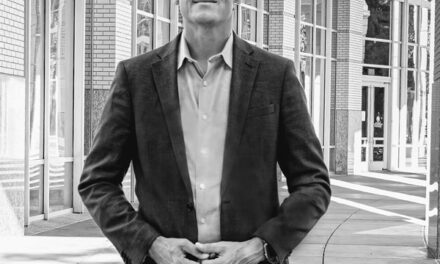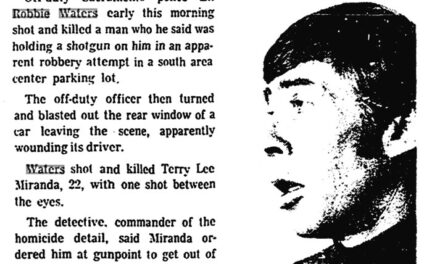A life in politics turned Mayor Darrell Steinberg into a wordsmith. Commanding center stage at City Hall or running a remote City Council meeting, the mayor builds his arguments like a master of semantics. His sentences launch and soar and land without a stumble.
But sometimes even a wordsmith slips. This can happen when Steinberg navigates the swamps and hedgerows that impede the city’s response to the homeless crisis. Earlier this year, the mayor was reduced to one word, repeated four times: “Where, where, where, where,” he said.

The emphasis on location is essential to Steinberg. He believes Sacramento can only solve its homeless crisis by identifying eight new sites across the city—one in each council district—to spread unsheltered people and homeless services around the community. A vast tapestry of services generates broad solutions. Or so the theory goes.
“Once we are able to come to some kind of agreement as a city and county on the question of where, I think the rest will come together,” the mayor says.
Steinberg is smart to link the words “city and county.” He knows he needs county support to accomplish breakthroughs on the homeless front. It won’t be easy. Local mayors have been building county alliances for decades. They rarely hold together, thanks to political turf wars, budget priorities and personality conflicts.
Mayors Joe Serna Jr., Heather Fargo and Kevin Johnson sought county partnership in challenges ranging from traffic congestion to pollution. The words were aspirational. But when county supervisors realized they would play subservient roles in grand mayoral operas, county agendas suddenly became filled with other pressing matters.
This year, Steinberg has conducted workshops to solicit public testimony on ecumenical locations for homeless services. His goal: Answer the “where” question and share the pain. From a county perspective, the “where” answer might be Land Park, but never Fair Oaks.
And “where” is the wrong word. The mayor should focus on “what.” Cities face a buffet table of options that offer alleged solutions to homelessness. The crisis has attracted at least nine agencies and 41 programs on the state level alone. All are expensive. Few have measurable success.
The city’s track record on the “what” question is dismal—all scattershot and inconsistent. Most recently, policy focused on “housing first,” an idea that dates back more than three decades and has become a sink hole for tax dollars.
“Housing first” was designed in the 1980s to help families with children overcome temporary financial setbacks and avoid homelessness. Today the label has been kidnapped by the homeless lobby and turned into a gospel of human warehousing—shelter on demand for everyone, no questions asked.
Fortunately, the city is considering an alternative strategy based on a San Antonio nonprofit, Haven For Hope. The program includes a large complex with two sections. In one area, homeless people can camp and get drunk or high or whatever, anything short of violence.
The second parcel features dignified indoor living and rehabilitative assistance to break the cycle of homelessness. It requires personal commitment and hard work. A group called “Hope For Sacramento” wants to create a local version.
Dr. David Lubarsky, CEO of UC Davis Health, has examined the Haven For Hope integrated-care model along with strategies that spread treatment facilities around the community.
“We need a system of care that takes care of the most afflicted person,” Lubarsky says, citing the importance of not merely housing people “but how to integrate them back into society.”
Last year, UC Davis Health published two academic papers on Sacramento homelessness. The authors reviewed programs, costs and funding sources. Naturally, the costs were astronomical. But the authors identified dozens of potential funding sources. They focused on care and treatment, not “housing first,” which demands neither.
UC Davis wants to keep homeless people alive and away from its Medical Center emergency room. It wants homeless people to build self-sufficiency and dignity.
Steinberg wants the same thing. To get there, he better start using the right words.
R.E. Graswich can be reached at regraswich@icloud.com. Follow us on Facebook, Twitter and Instagram: @insidesacramento.















